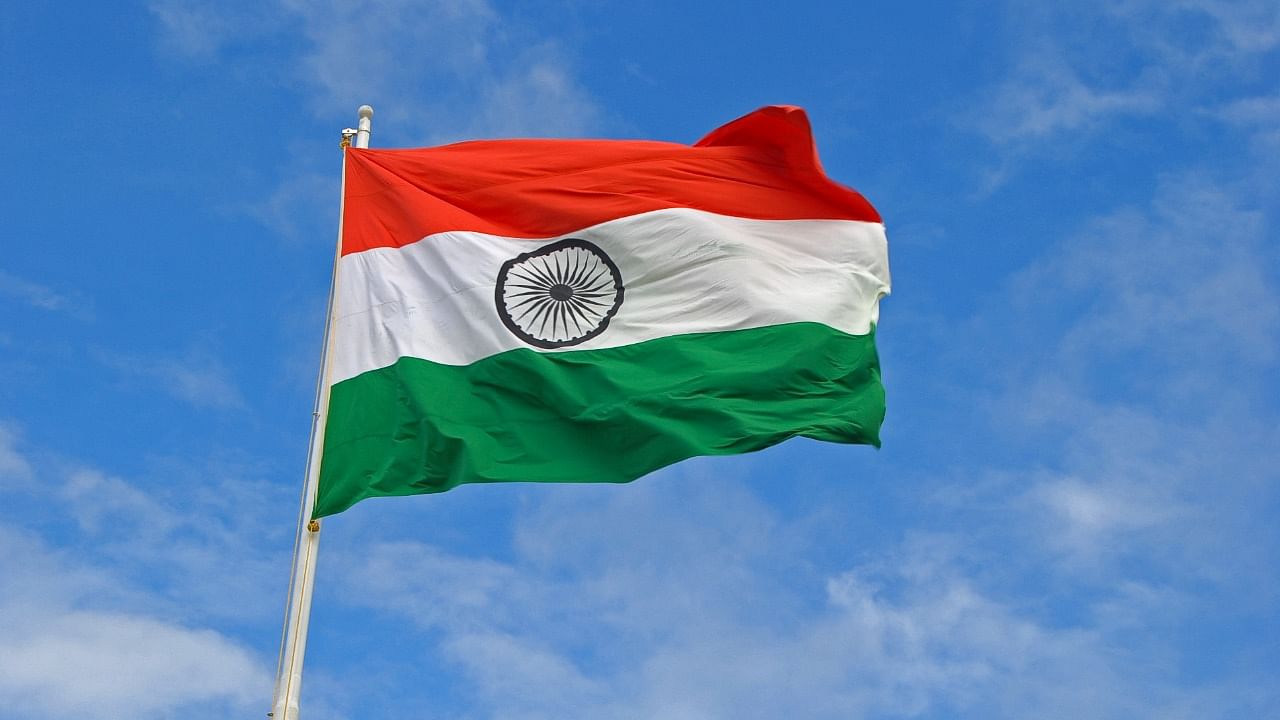
Nepal recently held its general elections, and a new ruling coalition has formed the government. The two Left parties are playing a dominant role in the new dispensation. The return of KP Sharma Oli and his anti-India politics should worry India. The developments in Nepal are indicative of a larger challenge that India will face in 2023 — the struggle between India’s global ambitions and the regional challenges. No country has escaped this dilemma.
This year, India is hosting two major, multi-national summits. In September, India will host the summit of the 20 largest global economies. It will be an opportunity to project India on the global stage. Vague foreign policy goals such as ‘status’ and ‘prestige’ will be at the heart of the entire G20 effort. This year India will also host the Shanghai Cooperation Organization (SCO) summit. The SCO is primarily a security-driven organisation of key Eurasian countries, including Pakistan and China. The two summits will see a flurry of diplomatic activity centred on India. Meanwhile, India’s neighbourhood challenges remain, and some are likely to intensify consuming considerable political energies.
Afghanistan under the Taliban is regressing ever backward, and the humanitarian crisis in that country is set to deepen even further. The escalating tensions between Pakistan and Afghanistan over the activities of Tehreek-e-Taliban Pakistan (TTP) will test the political and military willingness of Islamabad in a year when Pakistan is going to the polls. The Pakistani establishment, which has lost credibility at home, may seek to divert attention away from the domestic turbulence and the troubled relationship with the Taliban.
In Nepal, the debate between the United States-led Indo-Pacific strategy and China’s Belt and Road Initiative (BRI) has intensified. Ideally, India would have liked to see continuity in Nepalese politics with Sher Bahadur Deuba of the Nepali Congress remaining in power. However, it might take time for New Delhi to ease in with the new dispensation. Beijing’s influence in Kathmandu could upset New Delhi’s regional calculations.
Apart from Pakistan, India's three key neighbours: Bhutan, Maldives, and Bangladesh go to polls this year. In Maldives, and Bangladesh, the ruling, pro-India governments are staring at significant political challenges. In Bangladesh, Sheikh Hasina of the Awami League has been in power for the last 15 years, and the growing domestic discontent along with anti-incumbency is a major factor. In Maldives, anti-India elements have been showing signs of revival and will pose tough challenges to the regime of Ibrahim Solih in the elections.
For India, China is an elephant in the room in Maldivian and Bhutanese elections. India was forced to deal with a pro-China regime in Maldives prior to the 2018 elections. With the growing forays of China's Navy in the Indian Ocean, Maldivian elections have assumed considerable strategic importance.
Bhutan is carefully watching Chinese assertiveness along the India-China frontier. Bhutan too has a border dispute with China, and the tiny Himalayan country signed a three-step road map in 2021 to resolve the border issue. The latest skirmish in Tawang was seen as a military and political message by China to India. Bhutan is a western neighbour of Tawang, and the continuous Chinese pressure is a strategic reality for Bhutan. Amidst the shadow of India-China border tensions, Bhutan will go to the polls.
In the Indian Ocean, Sri Lanka is still in the grips of a deep economic and political crisis. Although India’s assistance was critical for Sri Lanka to tide over the crisis, the impulse to balance India with China remains strong in Colombo. Sri Lanka played host to the Chinese spy ships in 2022 even as Colombo looked to India for support. For India, the stability in Sri Lanka is a double-edged sword as it will grant the regime in Colombo significant strategic leverage for manuevering between India and China.
Besides, the domestic crisis in Myanmar since the coup in February 2021 shows no signs of easing. The regime remains isolated and at war with its own people. India is comfortable dealing with the ruling military junta, however, it must mitigate the fallout of the crisis in Myanmar including the rising challenge of drugs and weapons trafficking through its North-Eastern states. Besides, the ripple effects of the Russian invasion of Ukraine will continue to be felt across the world including in India. There is no option but to deal with these challenges.
Therefore, 2023 will test India as it will have to navigate its lofty global ambitions amidst the deepening regional security challenges.
Sankalp Gurjar is Assistant Professor, Department of Geopolitics and International Relations, Manipal Academy of Higher Education. The views expressed are the author's own. They do not necessarily reflect the views of DH.